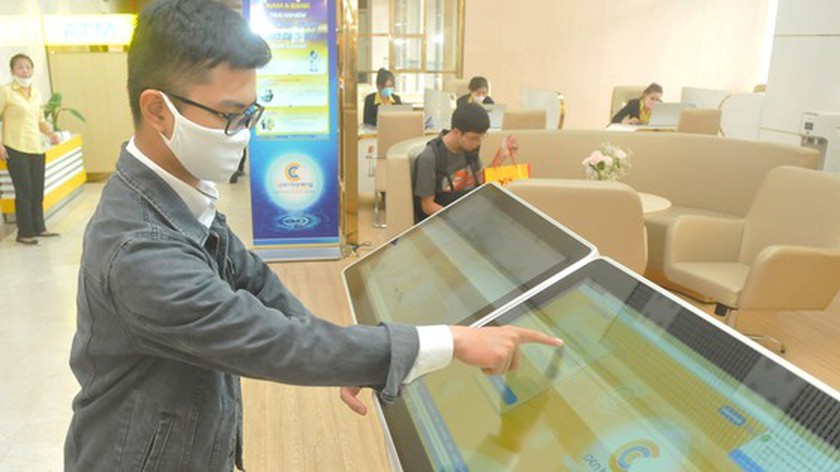Decree 126/2020/ND-CP, effective from December 05, 2020, stipulates that commercial banks must provide information on all customers’ account including name of the account holder, balance, and transaction data within 90 days since the Decree takes effect.

This info is submitted at the request of the Head of Tax Authorities to determine tax obligations and implement coercive measures in accordance with the law.
However, representatives of commercial banks expressed that the above regulation contradicts the Law on Credit Institutions, which states that banks are not allowed to provide information related to customer accounts unless otherwise required by authorized state agency and must be approved by the customer.
Owner of a commercial bank in HCMC demanded that the gov’t clarify whether tax departments are categorized as competent state agencies. “There’s a difference between providing customer’s account info to the police and to a tax department”, the person exclaimed.
Furthermore, most commercial banks do not have enough resources to provide mass data at the request of tax authorities, said a representative from Agribank.
There needs to be an established arrangement between the tax authority and the banking system to pinpoint the customers in question, as well as convenient and synchronized methods for providing the info and commitment to confidentiality, said a representative of VietinBank.
On the other hand, Decree 126 also obliges commercial banks to withhold income tax at the source for electronic transactions, and expenses incurred by taxpayers related to overseas e-commerce channels or social networking sites like Amazon, Facebook, or YouTube.
It also states that if the foreign supplier has not declared taxes in Vietnam, the intermediary bank must deduct payables and pay for products, goods and services incurred by Vietnamese buyers.
The intermediary bank must also keep tabs on any transaction via card payment or similar that they cannot withhold and report to the General Department of Taxation monthly.
Regarding this matter, a representative of Vietcombank said commercial banks do not have the authority and legal status to deduct or pay taxes on behalf of tax authorities, unless requested in writing to assist on a non-periodic basis.
Many spokesmen also pointed out the risk of banks making incorrect deductibles or without consent of the account holder which might lead to complaints or even lawsuits.
From another perspective, the new provisions in Decree 126 aimed to combat tax evasion from online retailers are necessary, but the question remains as to whether or not tax departments can implement them correctly.
Although a non-cash payment policy has been implemented for a long time, up to 80% of Vietnamese people still prefer using cash, which makes it difficult to trace small transactions.
Experts suggest the gov’t issue a tax reduction policy for online retailers and have all transactions done through banks to achieve effective tax collection.
SGGP

Tax collections from cross-border platforms too low
The amount of tax collected from cross-border platforms in the first 11 months of 2020 was about VND1 trillion. But the figure doesn’t truly reflect the real activities of the platforms in Vietnam.